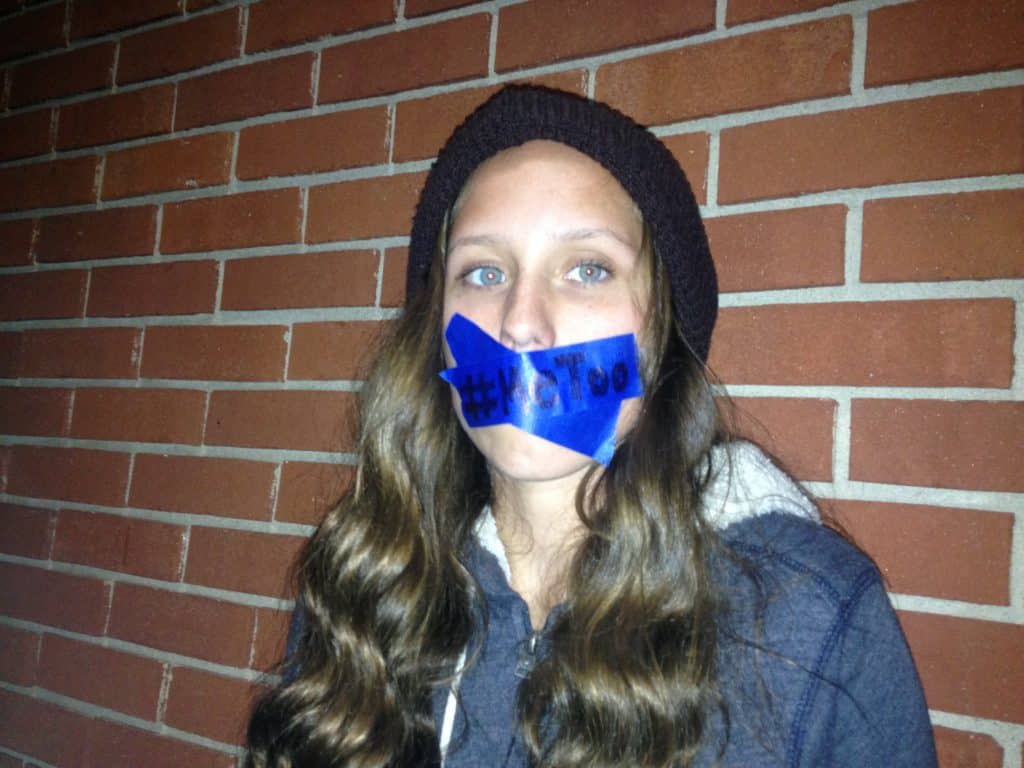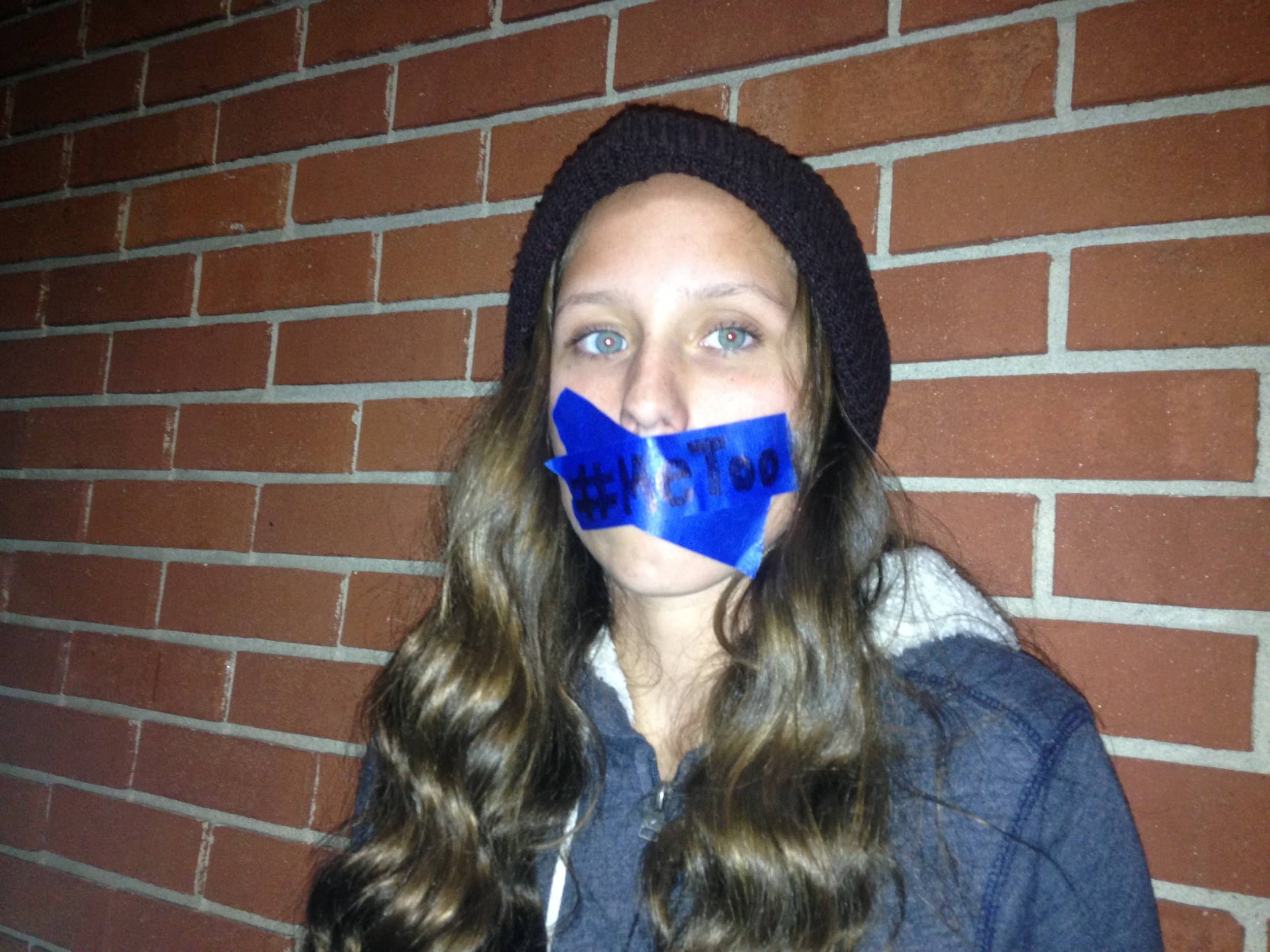
OPINION: Can #MeToo aid in combating sexual harassment?
Jazmyne Boozer, Assistant Editor
The views and opinions expressed in this editorial are solely those of the original author(s) These views and opinions do not necessarily represent those of The Vision website or North Greenville University.
Every 98 seconds, someone in America becomes a victim of sexual violence according to RAINN statistics.
We’ve all heard the grim stat that says one in every four women have been or will be sexually harassed in their lifetimes. But one hashtag has seemingly brought this statistic to life. #MeToo was a trending hashtag on Twitter in the month of October. In the wake of the alarming allegations of Harvey Weinstein, men and women alike are telling their stories through the hashtag metoo to spread awareness of the frequency of sexual assault and harrassment for men and women alike.
Like anything in our society; this trend became a breeding ground of controversy. The nagging question is this: Do hashtags like this help anything? My answer to this is a resounding “yes and no.” As someone who has been harassed and has kept it a secret, I know that power came in when I spoke about it rather than hiding it. I did not, however, participate in the hashtag as I had to ask myself the question: What will this help? Maybe a young girl could see my mild instance of harassment and not feel alone…or maybe my comment would get lost in the sea of a million more comments each more brutal than the last. Not only this, but I felt that my instance was mild and unimportant in comparison to others’ stories. So, from a personal note, did the hashtag free me and connect me to others? No.
This being stated, I know plenty of other women who have been sexually harassed or raped who have found solidarity in the conversations that have been happening since the hashtag first appeared. For some, airing their stories and feelings about the abuse have helped them grow and connect with others who may share the same story or instance. So, in this instance, yes, it does help people.
I believe this hashtag does help in the fact that it tackles two very important issues; sexual abuse and women in the workplace. The hashtag also shed light on women who have been coerced into sexual favors from their male higher-ups. This hashtag has opened up the conversation for men and women to come together and talk about sexual harassment.
Now to broaden the topic: Does this hashtag help make change across the board? I think that if this trend starts and ends here…absolutely not. Talking is not enough. As we have seen with numerous ad campaigns, trends, articles, and conversations; talking does not solve the issue. The issue is a deeply rooted societal problem that will take decades to unravel. Action is required not just speaking. A conversation can open the door to change but if both people walk away unchanged…it has done nothing. I think that is where the line lies. I don’t believe the hashtag is enough, rather action is to be taken.
I must say that I do not have the answer as to what action must be taken. This problem is big and will take years to repair. It deals with sensitive issues and intimate stories of people’s lives. It has also affected each person in a different way. Again, I must say, I do not have the right answer but what I do know is that if this hashtag just ends like every other trend on twitter; we will be right back to where we started.

